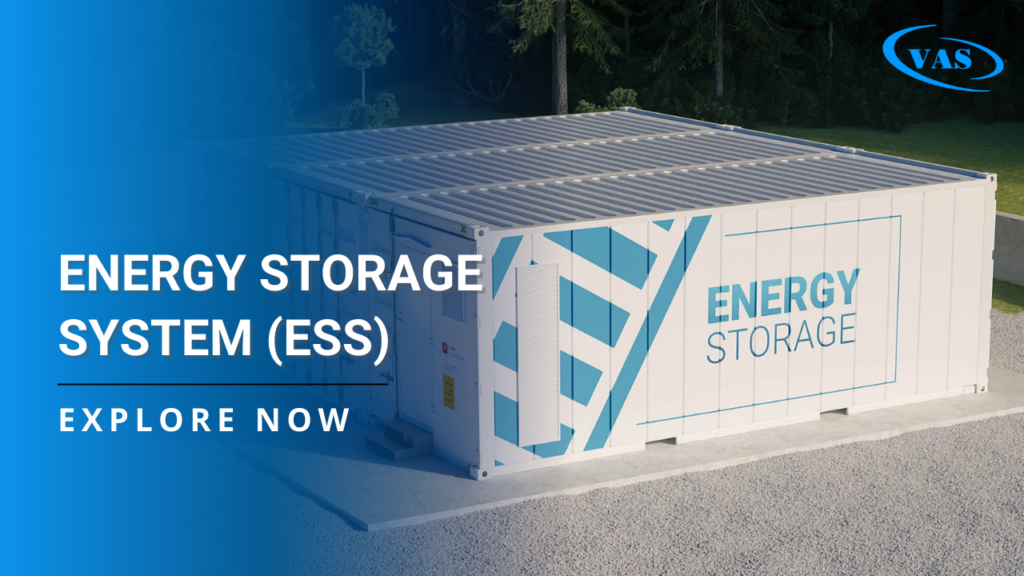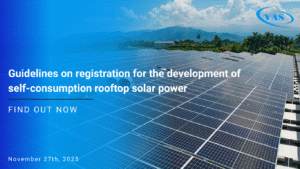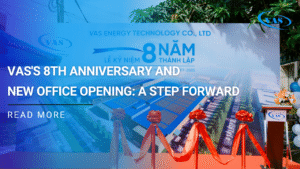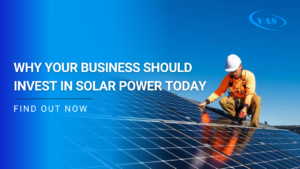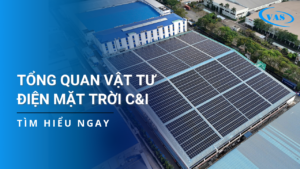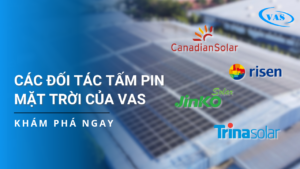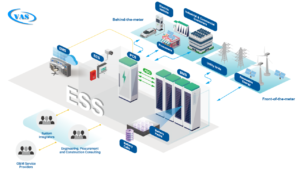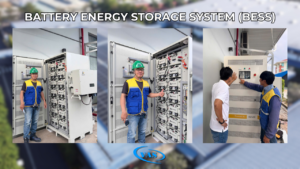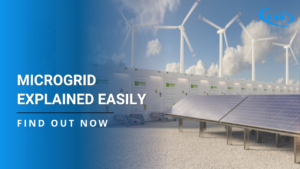Currently, the demand for solar energy is increasing worldwide as a replacement for fossil fuels that are damaging the natural environment. Factories and households in Vietnam are no exception, as they are adopting renewable energy sources in their production and daily activities.
However, how can we ensure a stable and continuous electricity supply when solar energy systems are inconsistent and their output fluctuates with weather changes? The answer lies in energy storage systems (ESS). This article will delve into the role and applications of ESS in Vietnam.
1. Current situation and challenges of solar energy systems:
Let’s talk about Germany, one of the pioneering countries in the field of renewable energy, with a total solar power capacity of 96,100 MW, sufficient to meet the demand of its load and export surplus to other countries. Although it has a large-scale renewable energy system, during bad weather or in winter, the electricity output from these sources decreases significantly (49,600 MW of solar power), putting immense pressure on the power grid.
From the above case, we can see that solar energy is an infinite renewable energy source; however, it shares a common characteristic of intermittency. This means that the energy produced from these sources is unstable and heavily dependent on natural factors such as:
- Day and night: Solar power can only be generated during the day when there is sunlight, and not at night.
- Seasons: In winter, the duration of daylight is shorter, and the intensity of sunlight is weaker than in summer, leading to a decrease in electricity production.
- Weather: Clouds, rain, and fog can obscure sunlight, reducing electricity output.
- Geographical location: Different areas will have distinct sunlight intensity depending on latitude, altitude, and weather (e.g., Southern and Central Vietnam will have higher sunlight intensity than Northern Vietnam).
The aforementioned natural factors severely impact the stability of the power grid, especially in large cities with high energy demands. To ensure a continuous power supply for production and daily activities, energy storage systems (ESS) are key to addressing these issues.
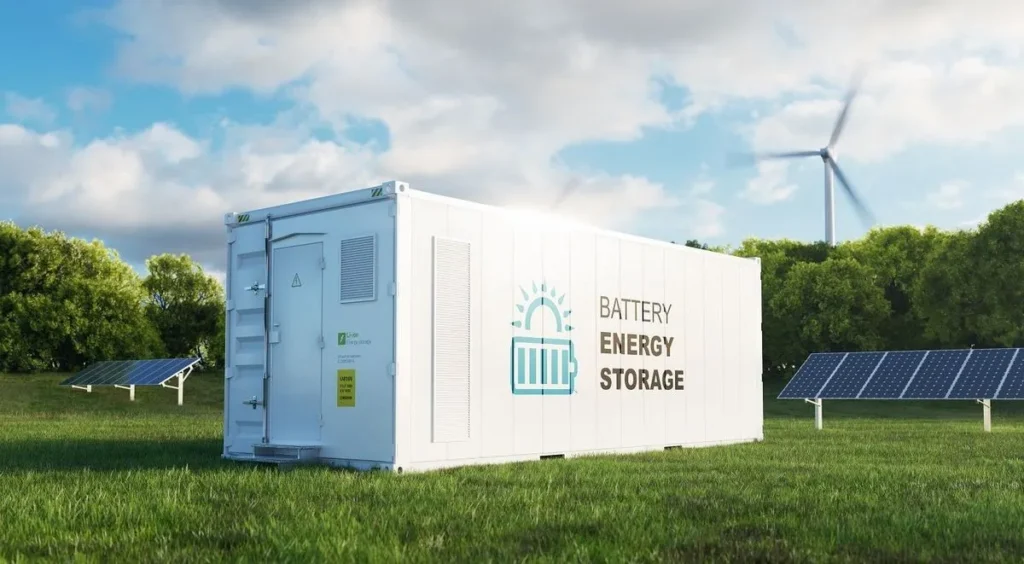
2. The Role of ESS:
What is ESS?
ESS stands for Energy Storage System, which is a system designed to store energy for use when needed. This technology is used to store excess electricity generated from solar energy during times of low electricity prices, to be utilized when necessary, especially during peak hours or when the power supply is interrupted due to outages or weather factors.
Common types of ESS:
- Lithium-ion batteries: These are the kings of current battery technology, using lithium ions as the main component in the electrochemical process. The advantage of this type of battery is its high energy density, allowing for a significant amount of energy to be stored in a small volume. Additionally, the compact size of the batteries makes them easy to integrate into various devices.
- Sodium-sulfur batteries: This is a next-generation battery that uses sodium and sulfur as electrode materials. This technology is safer and has a lower risk of fire or explosion compared to lithium-ion batteries.
- Other types of batteries: In addition to the two types mentioned above, there are many other battery technologies being researched and developed, such as zinc-air batteries, vanadium redox batteries, and fuel cells.
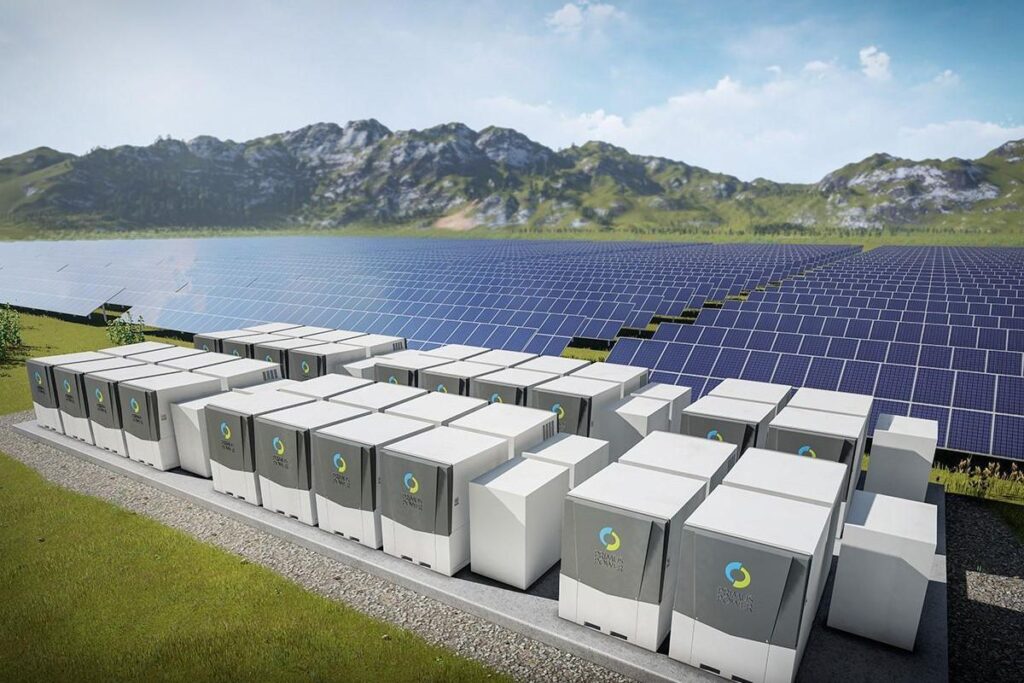
Benefits:
- Balancing electricity supply and demand: The ESS system helps store excess electricity generated during the day when there is sunlight and provides it to the load at night.
- Enhancing the stability of the power grid: Minimizes overload and shortages from renewable energy sources during adverse weather conditions, helping the power grid operate more stably.
- Ensuring a continuous power supply: Provides electricity to critical devices in the event of a power outage.
- Supporting the integration of distributed energy sources: Widely distributed energy sources such as rooftop solar systems, the national power grid, and energy storage systems (ESS), among others, enhance the flexibility, reliability, and sustainability of the solar energy system.
3. Application of ESS in Vietnam:
Potential for solar energy development in Vietnam:
Observing Vietnam, we can see that our country has extremely favorable natural conditions for the development of solar energy. The hot and humid climate combined with abundant sunlight throughout the year allows us to harness this plentiful clean energy source to generate electricity for production and daily life.
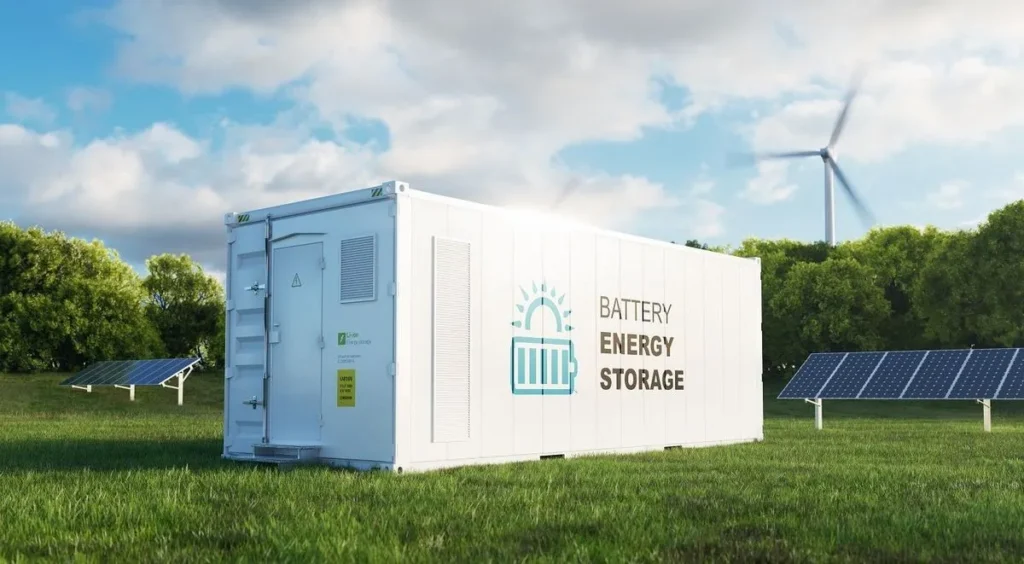
Challenges of solar energy systems:
However, to effectively tap into this energy source, we need to address several following challenges:
- Local power outages, especially in remote areas: The lack of investment and expansion of the electricity grid, particularly in rural or remote regions, has led to the deterioration of the power system. Additionally, the impact of bad weather or technical incidents also affects the electricity supply to those areas.
- High electricity demand during peak seasons: Economic development and strong industrial growth have resulted in increased electricity consumption.
Applications of the ESS solution:
Therefore, investing in the Energy Storage System (ESS) solution for solar power systems is essential to maintain a stable power supply and meet the continuous electricity demand across the country. The main applications of this solution include:
- Industry: Used to store energy for manufacturing plants, data centers, etc.
- Commerce: Utilized in commercial buildings and shopping centers to reduce electricity costs.
- Households: Used by families to become self-sufficient in powering essential devices, minimizing dependence on the grid.
Explore the ESS energy storage systems that VAS is offering.
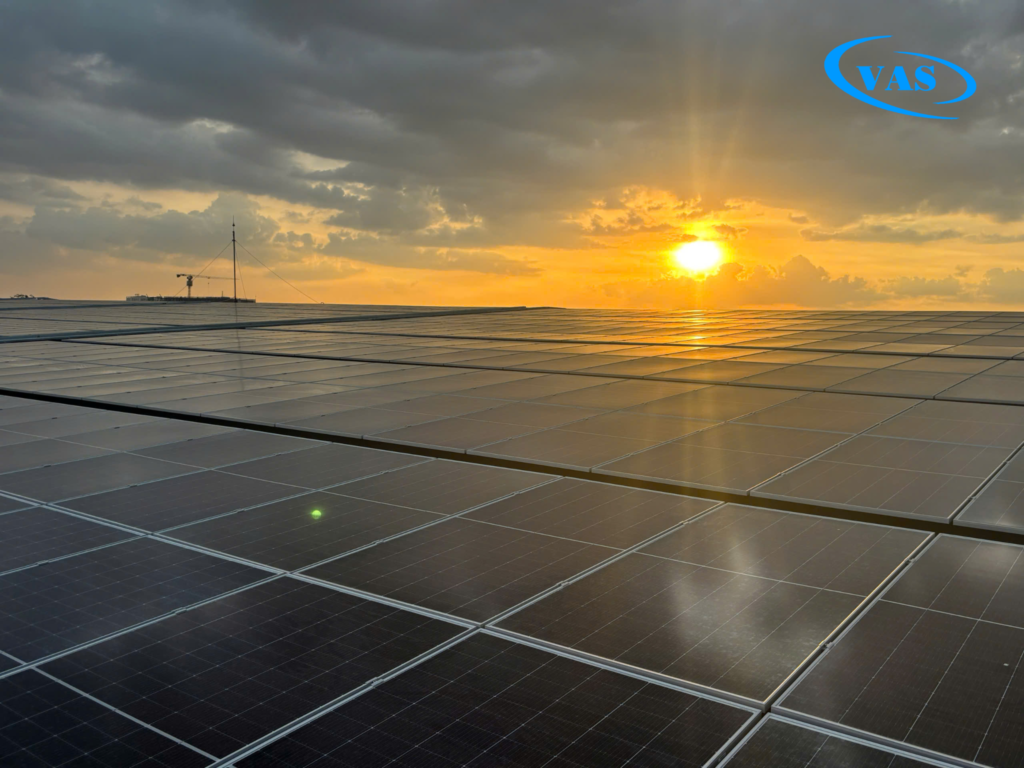
4. Conclusion:
ESS is the optimal energy storage solution for solar power systems. With ESS, you can maintain a stable and continuous operation of your solar power system despite changing weather conditions. Additionally, it helps households and businesses become more self-sufficient in their electricity usage for daily activities. VAS is proud to have a team of experienced engineers specializing in solar power system design, always updated with the latest technologies. We are committed to providing our customers with comprehensive solutions, from design consulting and installation to maintenance and warranty. For consultation, please contact our hotline: 0766666480.

 Tiếng Việt
Tiếng Việt 中文 (中国)
中文 (中国)
